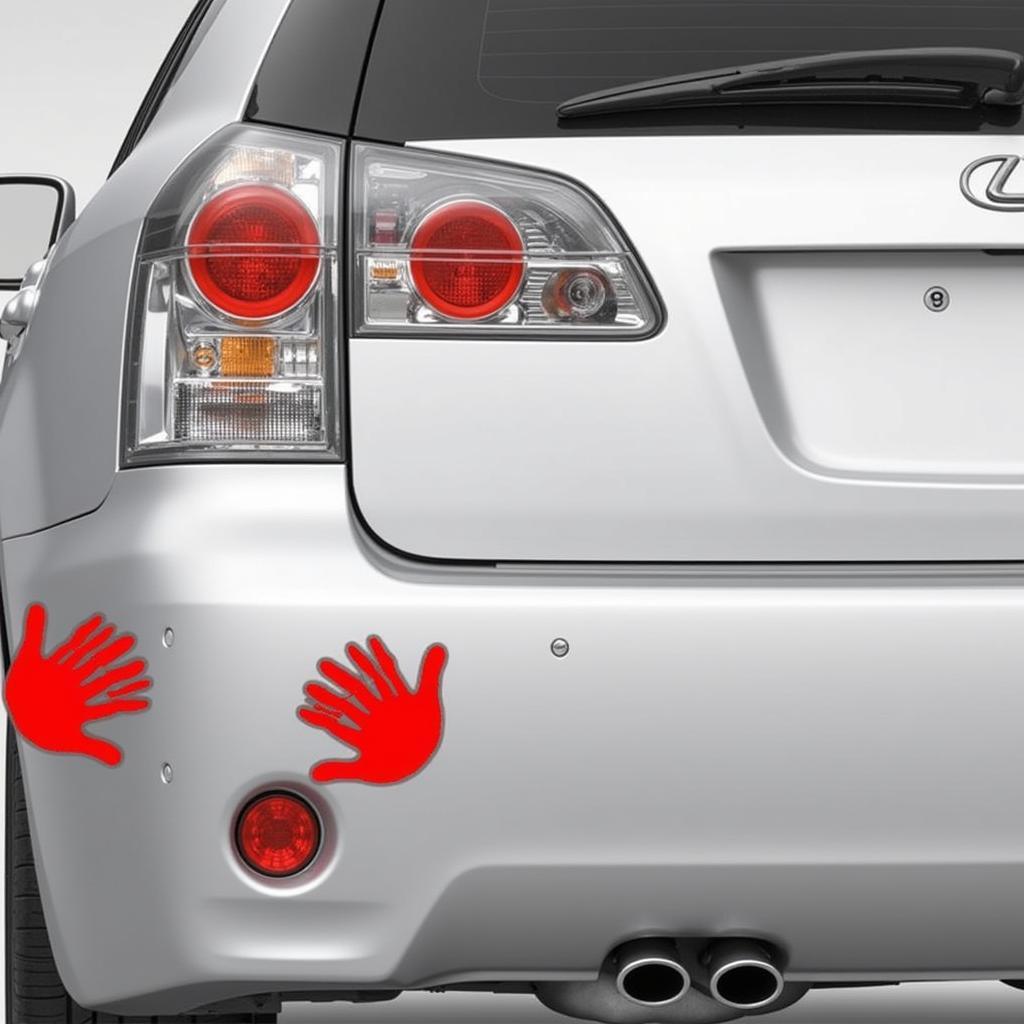The supply Warner electric brake clutch is a critical component found in many modern vehicles, playing a vital role in the functionality of electric trailer brake systems. This clutch acts as a bridge between your vehicle’s electrical system and the trailer’s brakes, ensuring smooth and safe braking when towing. However, like any other mechanical or electrical component, the supply Warner electric brake clutch can experience issues that affect its performance.
This article delves into the intricacies of this essential part, providing you with the knowledge to understand, diagnose, and potentially troubleshoot common problems associated with the supply Warner electric brake clutch.
Decoding the Function of the Supply Warner Electric Brake Clutch
Before we explore troubleshooting, it’s crucial to grasp the fundamental role of the supply Warner electric brake clutch. In essence, this component acts as an intermediary between your vehicle’s brake controller and the trailer’s electric brakes. When you apply the brakes in your tow vehicle, the brake controller sends an electrical signal to the supply Warner electric brake clutch. This signal activates the clutch, engaging a mechanism that applies the trailer brakes proportionally to the pressure you’ve applied on the brake pedal. This coordinated braking system ensures a smooth and safe stop, preventing the trailer from pushing or swaying the tow vehicle.
Common Symptoms of a Failing Supply Warner Electric Brake Clutch
Identifying a potential issue with your supply Warner electric brake clutch starts with recognizing the warning signs. Here are some common symptoms that might indicate a problem:
- Reduced Trailer Braking Performance: A noticeable decrease in your trailer’s braking power, requiring you to apply more pressure on the brake pedal than usual.
- Intermittent Trailer Braking: Experiencing instances where the trailer brakes engage erratically or inconsistently, leading to a jerky or unpredictable stop.
- No Trailer Brakes: A complete loss of trailer braking, posing a serious safety hazard, especially when towing heavy loads.
- Burning Smell: Detecting a distinct burning odor emanating from the area near the brake clutch, often a sign of overheating or an electrical short.
- Unusual Noises: Hearing grinding, clicking, or humming sounds coming from the brake clutch, indicating potential mechanical wear or damage.
Potential Causes Behind Supply Warner Electric Brake Clutch Problems
Several factors can contribute to issues with your supply Warner electric brake clutch. Understanding these causes can help you pinpoint the root of the problem:
- Worn Clutch Components: Over time, the friction material within the clutch can wear down, reducing its effectiveness and leading to reduced braking performance.
- Electrical Malfunctions: Problems with the wiring, connectors, or the brake controller itself can disrupt the electrical signals that activate the clutch.
- Overheating: Excessive heat generated during prolonged or heavy braking can damage the clutch’s internal components, leading to premature failure.
- Mechanical Damage: Physical impact or improper installation can also cause damage to the clutch mechanism, affecting its operation.
- Corrosion: Exposure to moisture and road salt can corrode electrical connections and internal components, hindering the clutch’s performance.
Troubleshooting and Diagnostic Steps
If you suspect an issue with your supply Warner electric brake clutch, consider the following troubleshooting steps:
- Visual Inspection: Begin by visually inspecting the clutch and its surrounding components. Check for any signs of physical damage, loose connections, burnt wires, or corrosion.
- Testing the Voltage: Use a multimeter to test the voltage at the clutch connector when the brake pedal is applied. This will help determine if the clutch is receiving the correct electrical signal.
- Checking the Ground Connection: A poor ground connection can cause various electrical issues. Ensure that the ground wire is securely connected to a clean, unpainted metal surface.
- Inspecting the Breakaway Switch: The breakaway switch activates the trailer brakes if it becomes detached from the tow vehicle. Test the switch to ensure it’s functioning correctly.
- Consulting a Professional: If you are unable to identify the issue or if the problem persists, it’s best to seek assistance from a qualified automotive electrician or mechanic experienced in trailer brake systems.
“A frequent mistake I see is neglecting regular maintenance,” shares John Miller, a seasoned automotive electrician with 15 years of experience specializing in trailer brake systems. “Inspecting and cleaning the clutch connections, as well as checking the wiring for wear and tear, can prevent many common issues.”
Maintaining Your Supply Warner Electric Brake Clutch
Proper maintenance can significantly extend the lifespan of your supply Warner electric brake clutch and ensure optimal performance. Here are some preventive measures to consider:
- Regular Inspections: Inspect the clutch and its wiring harness at least twice a year, or more frequently if you frequently tow heavy loads. Look for any signs of wear, damage, or corrosion.
- Cleaning: Clean the clutch and its surrounding area regularly using a mild cleaner and a soft brush. This will help prevent the buildup of dirt, grime, and corrosive elements.
- Lubrication: Lubricate the moving parts of the clutch mechanism, if applicable, following the manufacturer’s recommendations.
- Professional Servicing: Consider having your trailer’s brake system, including the supply Warner electric brake clutch, professionally inspected and serviced annually or as recommended by the manufacturer.
Conclusion
The supply Warner electric brake clutch is a vital component for safe and efficient towing. Understanding its function, recognizing potential problems, and performing regular maintenance can help you avoid costly repairs and ensure reliable braking performance for your trailer. By following the troubleshooting tips outlined in this article and seeking professional help when needed, you can keep your towing experience safe and enjoyable for miles to come.
Remember, when it comes to trailer brakes, a proactive approach is always the best strategy.

